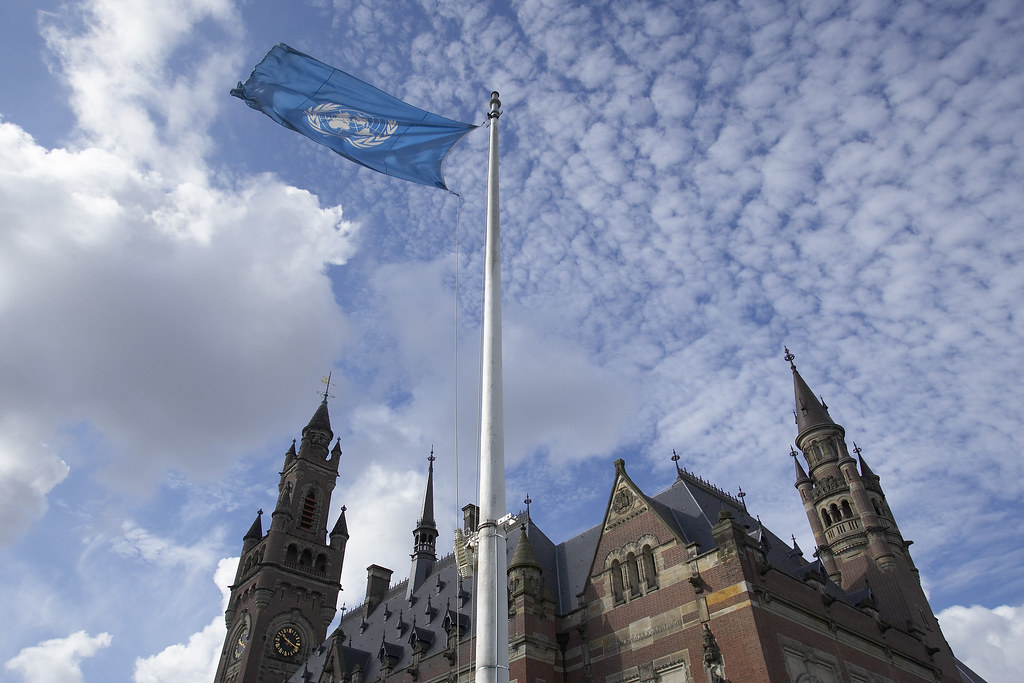 The UK government is facing accusations of hypocrisy for not supporting South Africa's case accusing Israel of committing genocide against Palestinians in Gaza.
The UK government is facing accusations of hypocrisy for not supporting South Africa's case accusing Israel of committing genocide against Palestinians in Gaza.
Six weeks earlier, the UK submitted legal arguments to the International Court of Justice (ICJ) in The Hague supporting claims that Myanmar committed genocide against the Rohingya ethnic group.
In its submission on Myanmar, the UK argues that the threshold for determining genocide is lower if it is the case that damage has been inflicted on children as opposed to adults.
Further, the submission highlights that given the rarity of declarations of intent to commit genocide, the court should not rely solely on explicit statements or numbers killed. Rather the ICJ should consider reasonable inference drawn from a pattern of conduct and factual evidence.
Speaking to the Guardian, lawyer Tayab Ali stated that the significance of the UK's submission on Myanmar "lay in showing the importance the UK attaches to adherence of the UN Genocide Convention, and in showing that the UK took a wide, and not a narrow, definition of the acts of genocide, and the intent to commit genocide."
Ali continues to say that "it would be wholly disingenuous if the UK, six weeks after advancing such a significant and broad definition of genocide in the case of Myanmar, now adopts a narrow one in the case of Israel."
Read more on The Guardian.
